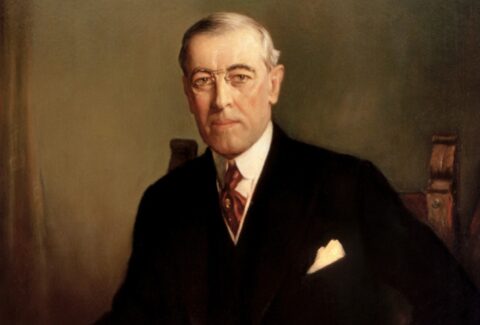Shakespearean Insights: The Bard’s Contribution to Mental Well-Being Through Literature

Shakespearean Insights: The Bard’s Contribution to Mental Well-Being Through Literature
William Shakespeare, often regarded as the greatest playwright and poet in the English language, crafted works that continue to captivate hearts and minds centuries later.[1] Beyond literary excellence, Shakespeare’s writings[2] offer profound insights into the human psyche, emotions, and mental well-being. Exploring the connection between Shakespeare and mental health care reveals the therapeutic power of literature in nurturing emotional resilience and self-reflection.
Exploration of Complex Emotions:
Shakespeare’s plays delve into a wide range of emotions, from love and joy to grief and despair.[3] In mental health care, the exploration of complex emotions through literature provides individuals with a reflective space to connect with and understand their own feelings, fostering emotional intelligence and self-awareness.
Cathartic Release Through Tragedy and Comedy:
Shakespeare’s tragedies and comedies offer a cathartic release of emotions. Mental health care inspired by this perspective recognizes the therapeutic value of storytelling in helping individuals process and express their own emotional struggles, providing a sense of release and relief.[4]
Insight into Human Relationships:
Shakespeare’s portrayal of intricate human relationships provides valuable insights into interpersonal dynamics. In mental health care, the study of Shakespearean characters’ relationships offers individuals a lens through which to explore and improve their own relationships, promoting social connection and emotional well-being.
Universal Themes of Humanity:
Shakespeare’s exploration of universal themes such as love, jealousy, and ambition resonates across time and cultures. Mental health care that draws on these universal themes fosters a sense of shared humanity[5], helping individuals connect with others and realize they are not alone in their emotional experiences.
Encouragement of Self-Reflection:
Shakespeare’s characters often engage in profound self-reflection.[6] Mental health care inspired by this perspective encourages individuals to engage in introspection, promoting a deeper understanding of oneself and facilitating personal growth and resilience.
Implementing William Shakespeare’s insights in mental healthcare involves utilizing literature as a therapeutic tool, encouraging self-reflection, providing a cathartic outlet through storytelling, exploring universal human themes, and leveraging the emotional richness of Shakespearean works in therapeutic interventions. Mental health professionals can actively contribute by integrating these literary elements into their practices, creating an enriched and holistic approach to emotional well-being.
In conclusion, William Shakespeare’s literary legacy offers a treasure trove of insights for mental health. By drawing inspiration from the Bard’s exploration of emotions, relationships, and the human condition, mental health care can evolve into a more empathetic, reflective, and emotionally resilient discipline, guiding individuals on a transformative journey through the pages of Shakespearean literature.
[1] Bate, Jonathan. Soul of the Age: a Biography of the Mind of William Shakespeare. Random House Trade Paperbacks, 2010.
[2] Shakespeare, William. The complete works of William Shakespeare. Vol. 10. Harper, 1907.
[3] Meek, Richard, and Erin Sullivan, eds. The Renaissance of Emotion: Understanding Affect in Shakespeare and His Contemporaries. Manchester University Press, 2015.
[4] Gupta, Rashmi. “Catharsis and its impact on William Shakespeare’s Tragedies.” Indian Scholar: an International Multidisciplinary Research e-journal 5.
[5] Naik, M. K. “Humanitarianism in Shakespeare.” Shakespeare Quarterly 19.2 (1968): 139-147.
[6] Venzo, Paul. “Shall I compare me?: Self-examination and self-speculation in the sonnets of Petrarch and Shakespeare.” (2021).






